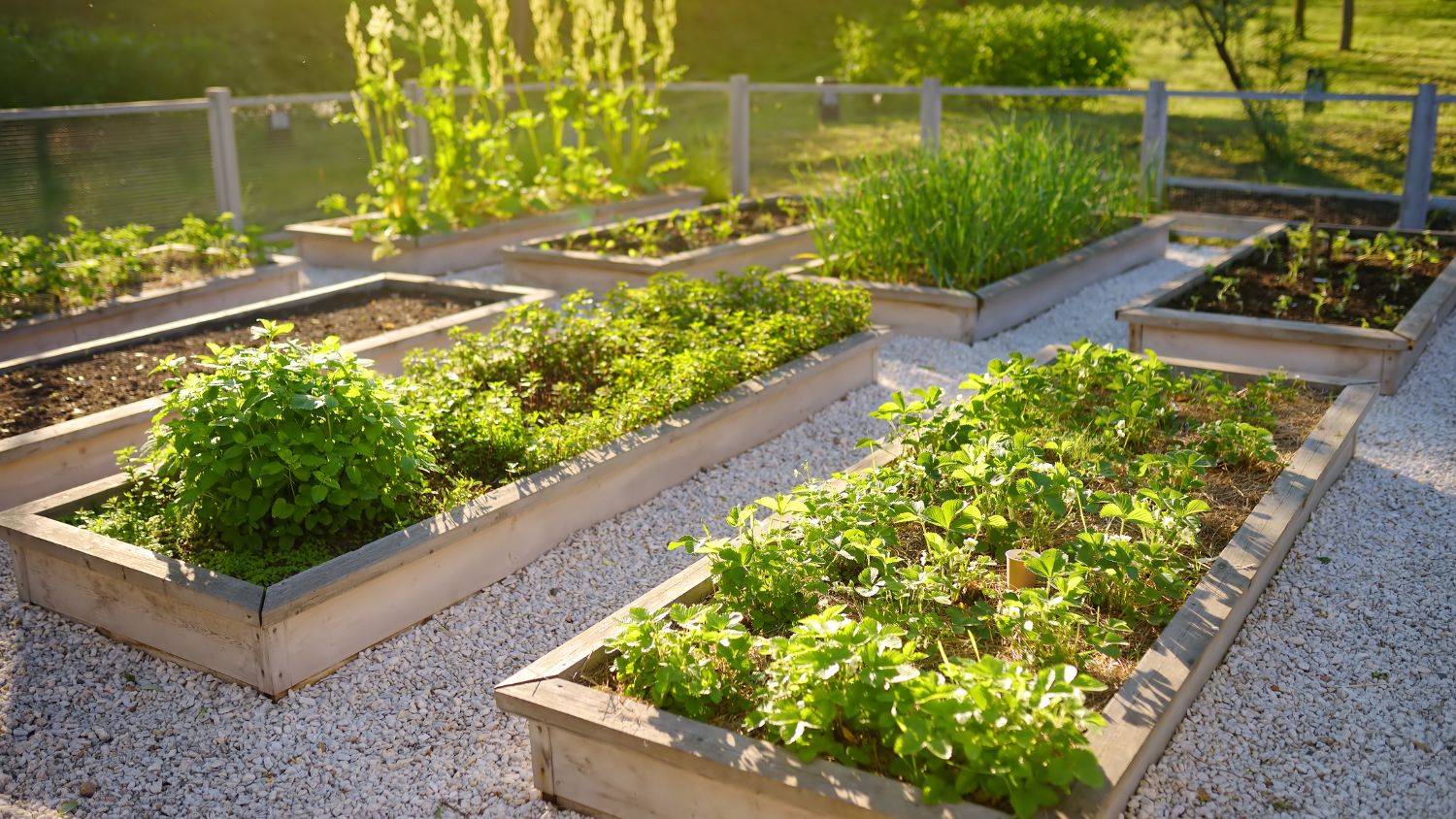
Real estate classes in New York often explore the dynamic and diverse factors influencing property values and urban living quality. Among these, community gardens stand out as a unique element with substantial impacts on the real estate market, particularly in New York City. This article delves into how these green spaces are more than just patches of land for growing plants—they are vital components that shape urban life, enhance real estate value, and foster community spirit.
Table of Contents
The Impact of Community Gardens on Property Values
Community gardens are often seen as pleasant amenities that can surprisingly boost the value of nearby properties. They provide a break from the concrete jungle, offering a slice of nature and tranquility. Realtors and those enrolled in the NY real estate salesperson course learn that proximity to well-maintained green spaces can significantly increase the desirability of properties. Studies have shown that homes adjacent to or within walking distance of community gardens often have higher selling prices compared to those without access to such spaces. The gardens themselves act as natural attractions, drawing potential buyers who are eager for a lifestyle that combines urban convenience with natural beauty.
Environmental Benefits
Beyond enhancing real estate value, community gardens contribute significantly to the environmental health of urban areas. They play a crucial role in improving air quality, reducing urban heat islands, and managing stormwater runoff. By introducing more flora, these gardens help filter pollutants and dust from the air, provide shade, and cool the surroundings. Such ecological benefits are becoming increasingly important in real estate discussions, especially as more people become environmentally conscious and seek sustainable living options.
Social and Community Development
Community gardens do more than just beautify neighborhoods; they serve as centers for community engagement and development. They are places where people from diverse backgrounds come together, fostering a sense of community and belonging. Gardens encourage social interaction, which can be a boon for real estate agents looking to market properties in areas with strong community bonds. Additionally, these gardens often become venues for local events, educational programs, and social gatherings, enhancing the social fabric of the neighborhood.
Challenges and Opportunities
While the benefits are clear, maintaining a community garden in NYC is fraught with challenges. The primary issue is the scarcity of available land in a city where real estate prices are sky-high. Gardens must compete with commercial, residential, and industrial developments, which can often yield a higher immediate financial return for landowners and investors. However, progressive urban policies and community advocacy can lead to opportunities where gardens are integrated into real estate developments as valuable amenities that can enhance overall property values and appeal.
Economic Impact
The presence of community gardens can also have a direct economic impact on neighborhoods. They can attract tourists and locals alike, who come to enjoy the unique settings and community activities offered. This increased foot traffic can benefit local businesses and services, creating a virtuous cycle that enhances the economic vitality of the area. Real estate professionals, especially those fresh from realtor estate classes in New York, can leverage these aspects when marketing properties, highlighting the vibrant community life and economic benefits that come with living near such spaces.
Conclusion
Community gardens are not just supplementary features but are integral to urban living, especially in a bustling metropolis like New York City. They contribute to the real estate landscape by enhancing property values, improving environmental conditions, and fostering community ties. For real estate professionals, particularly those undergoing a NY real estate salesperson course, understanding the multifaceted benefits of these gardens is crucial. They are not only selling a property but also a lifestyle and a community enriched by these vibrant green spaces. As cities continue to grow, the integration of natural elements like community gardens will play a pivotal role in shaping livable, sustainable urban environments.